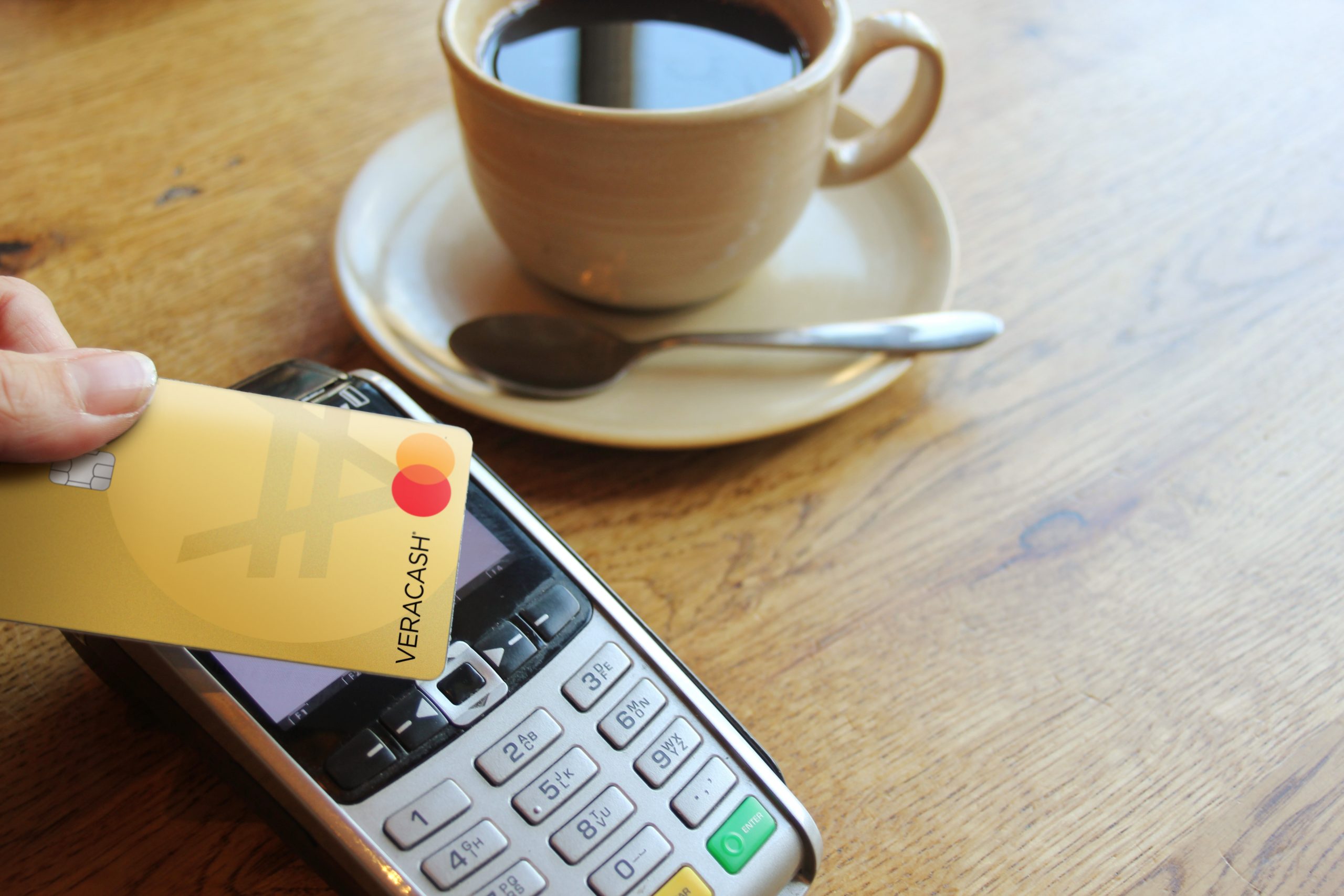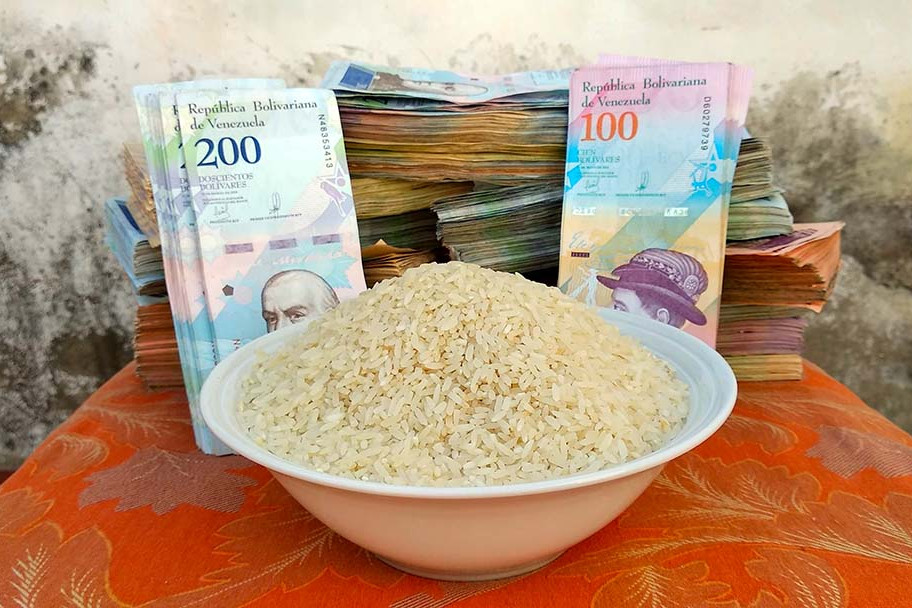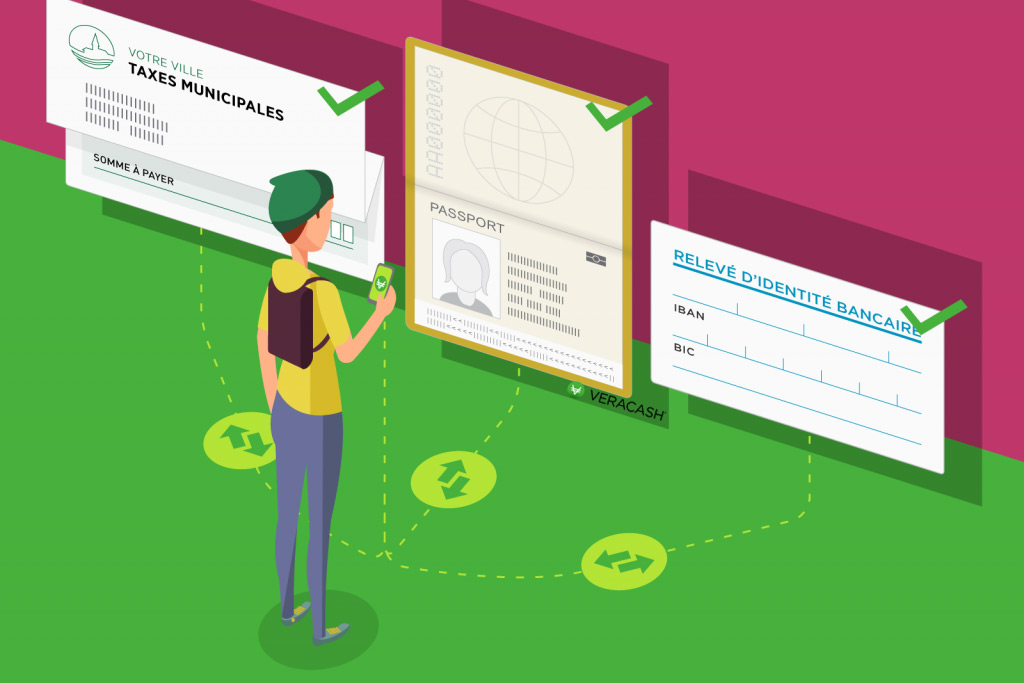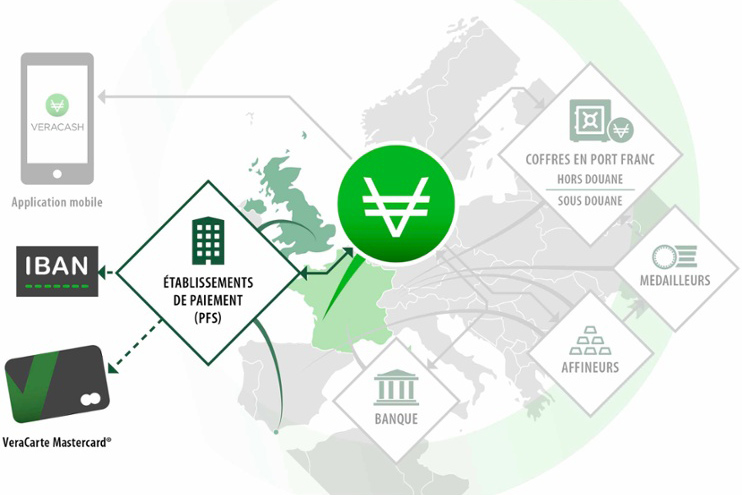17 July 2023
How can I avoid bank charges abroad?
It's often a nasty surprise when you travel: high bank charges. Day-to-day expenses via your bank card, withdrawing money from an ATM, commissions and other charges can add up. Unless you make the…
21 February 2023
Could inflation be both the problem and the solution?
Rising prices are undoubtedly the indicator that speaks loudest to the most people. Depending on geographic location and position in the economic value chain, inflation can either be a positive sign…
5 January 2021
VeraCash is committed to fundraising to strengthen its reputation as an atypical neobank.
Don't pull your hair out! Because we know that our clients come to us mainly from the perspective of "nonbanking", we would like to reassure you right now: VeraCash will not become a bank that is, by…
26 June 2020
Gold-backed stablecoin: the differences between VeraOne and VeraCash
Learn more about our new project: VeraOne, a stablecoin based on physical and real gold! We explain all the differences between VRO and VeraCash
12 September 2019
Money Heist: A lesson on money from the Professor
What happens if the financial institution or the government should waver? The Professor is gambling on the assumption that the Bank of Spain will not be willing to take that risk…
30 August 2019
What is KYC – and why is it necessary?
VeraCash is now available in most countries in the European Economic Area (EEA), so we wanted to give you some more information about the different steps involved in opening an account. And for our…
2 December 2017
Payment institution or an agent, VeraCash assumes its choice!
VeraCash explains its partnership with Prepaid Financial Services, an Electronic Money Institution, to issue its prepaid card backed by precious metals.








